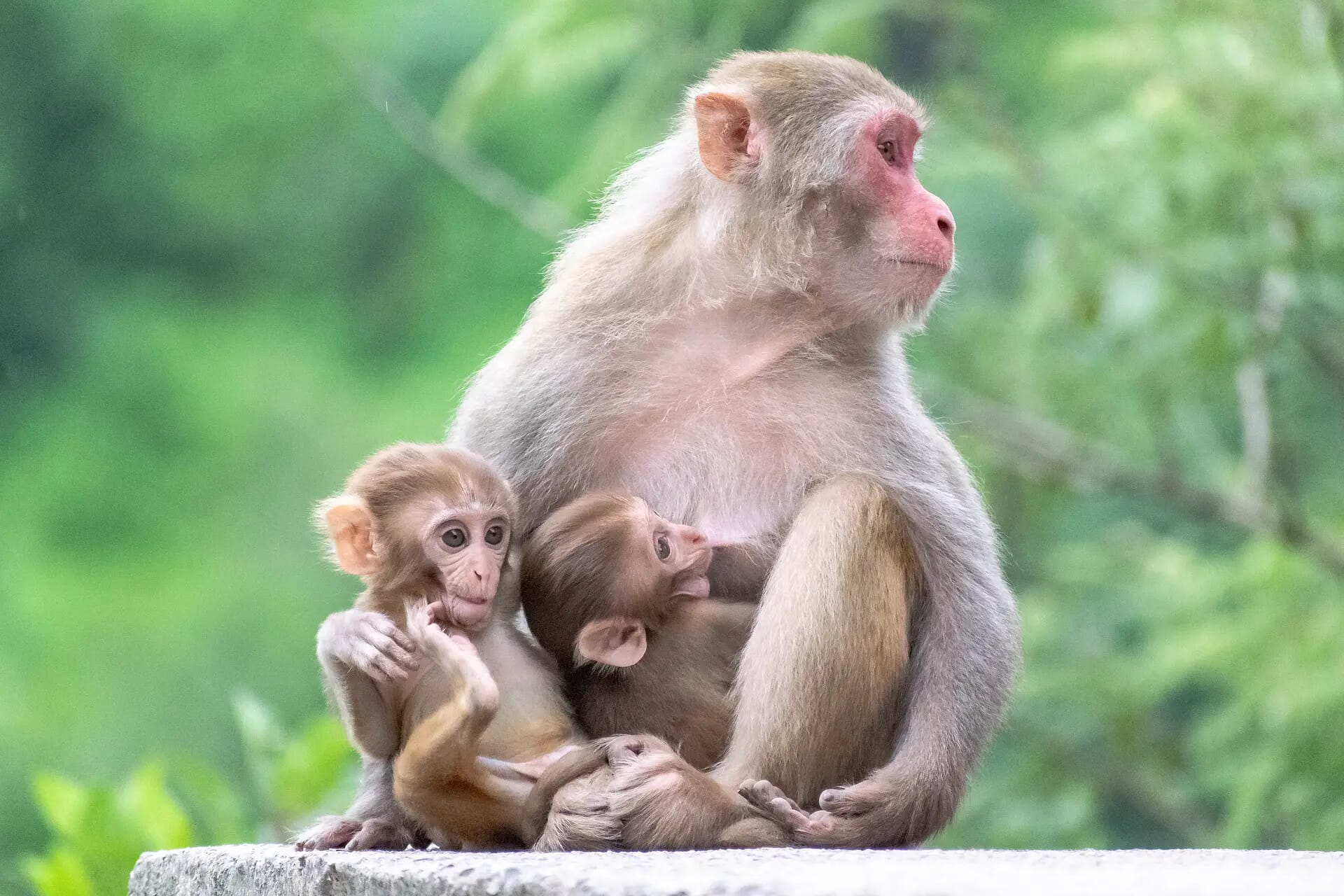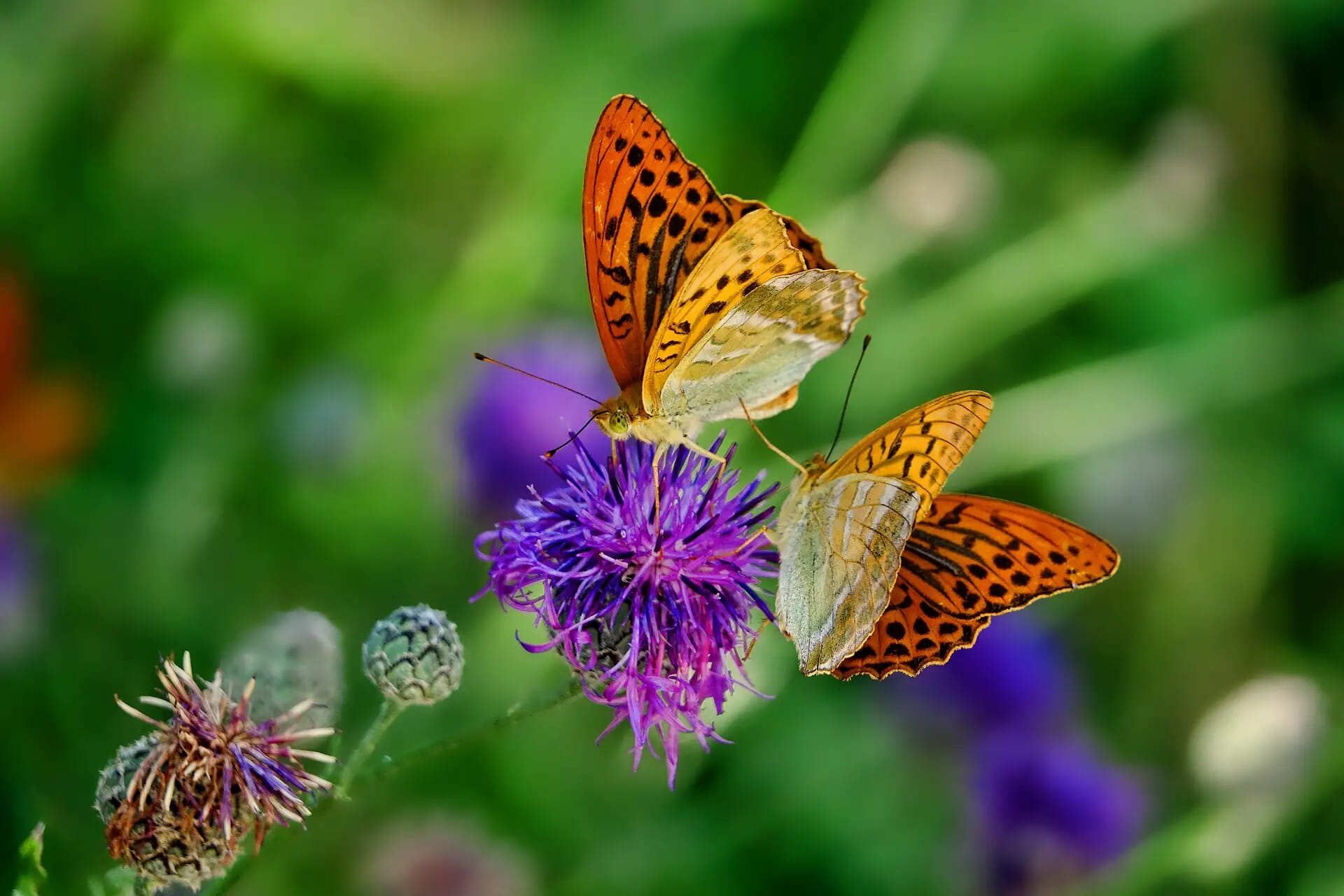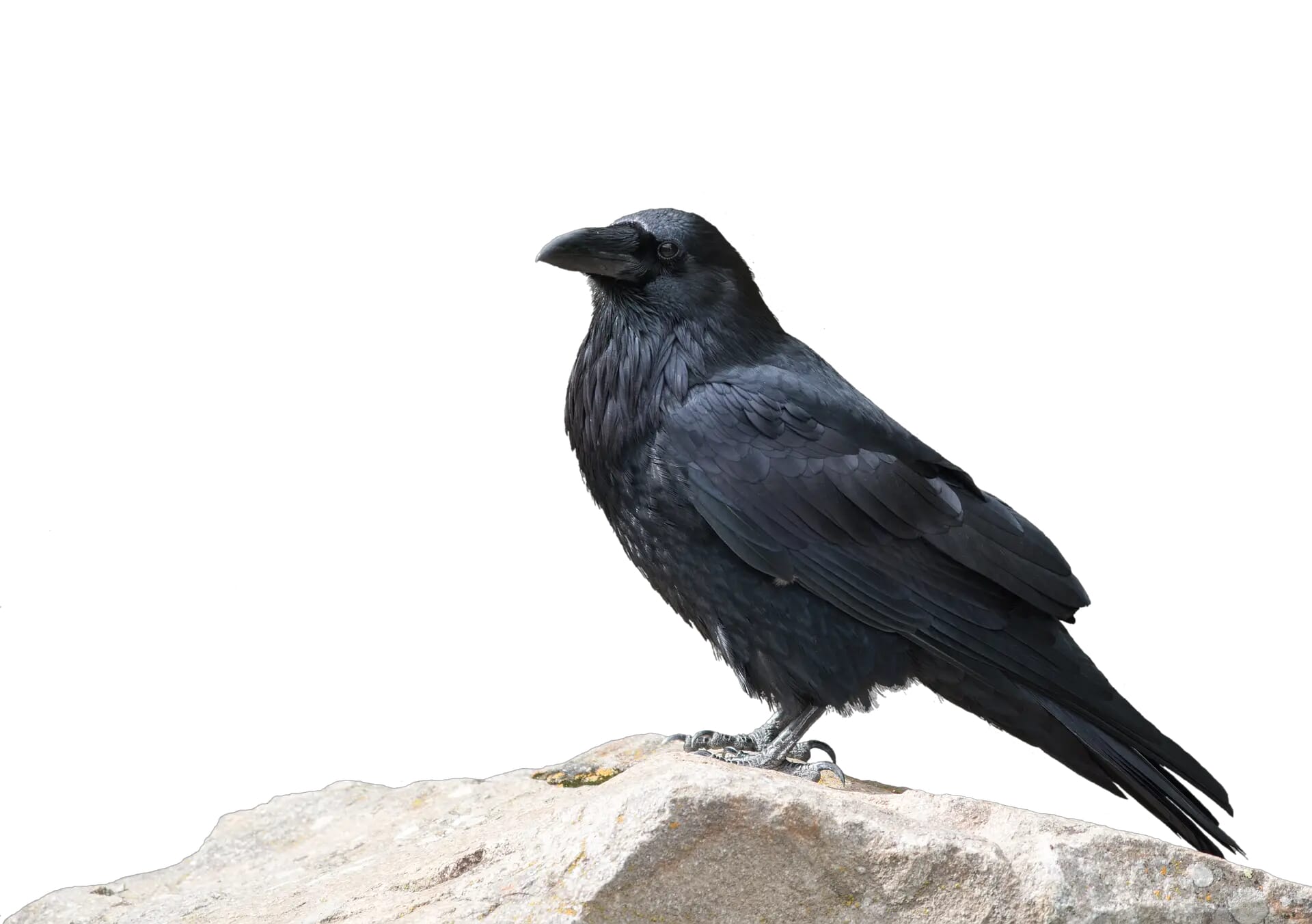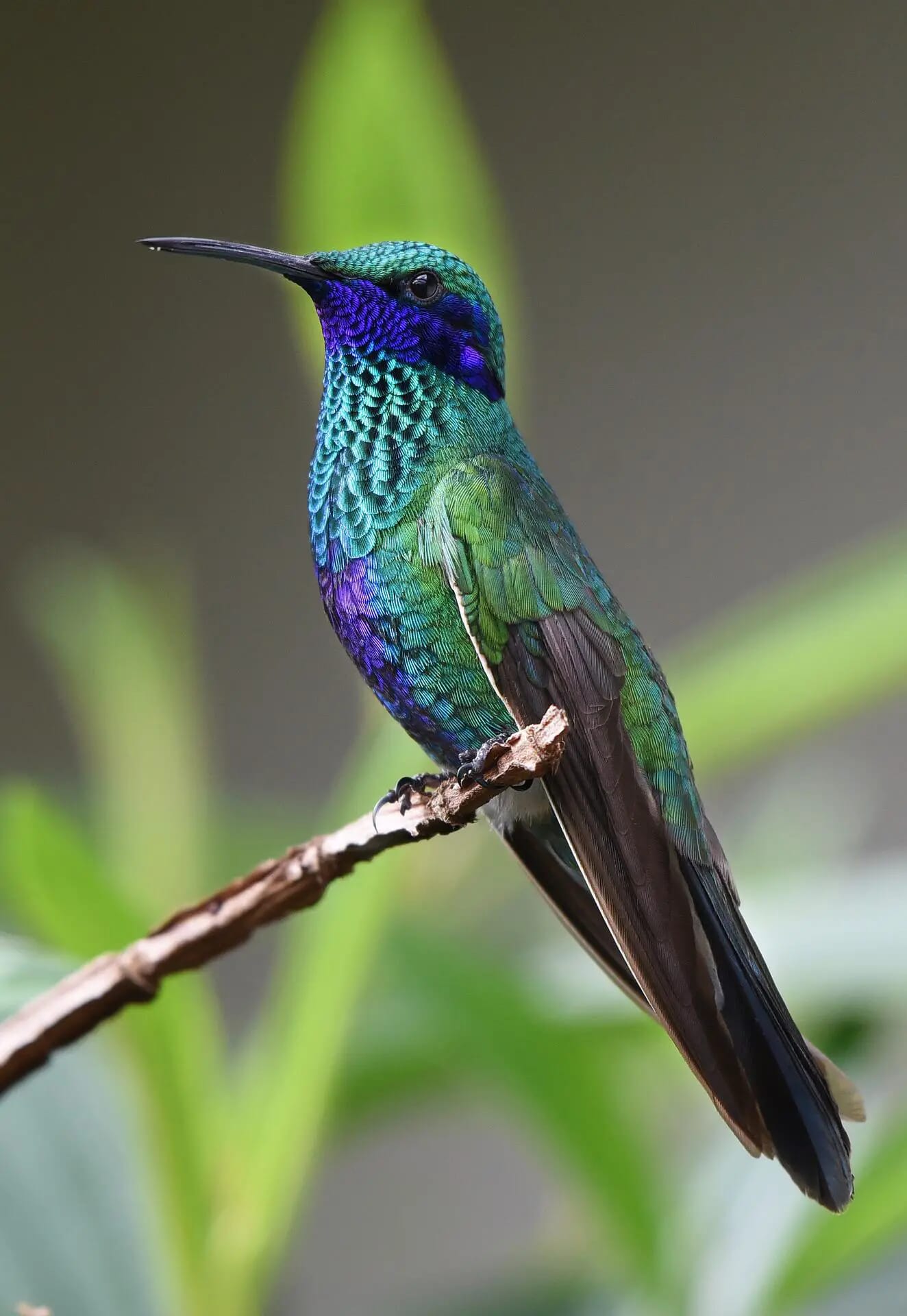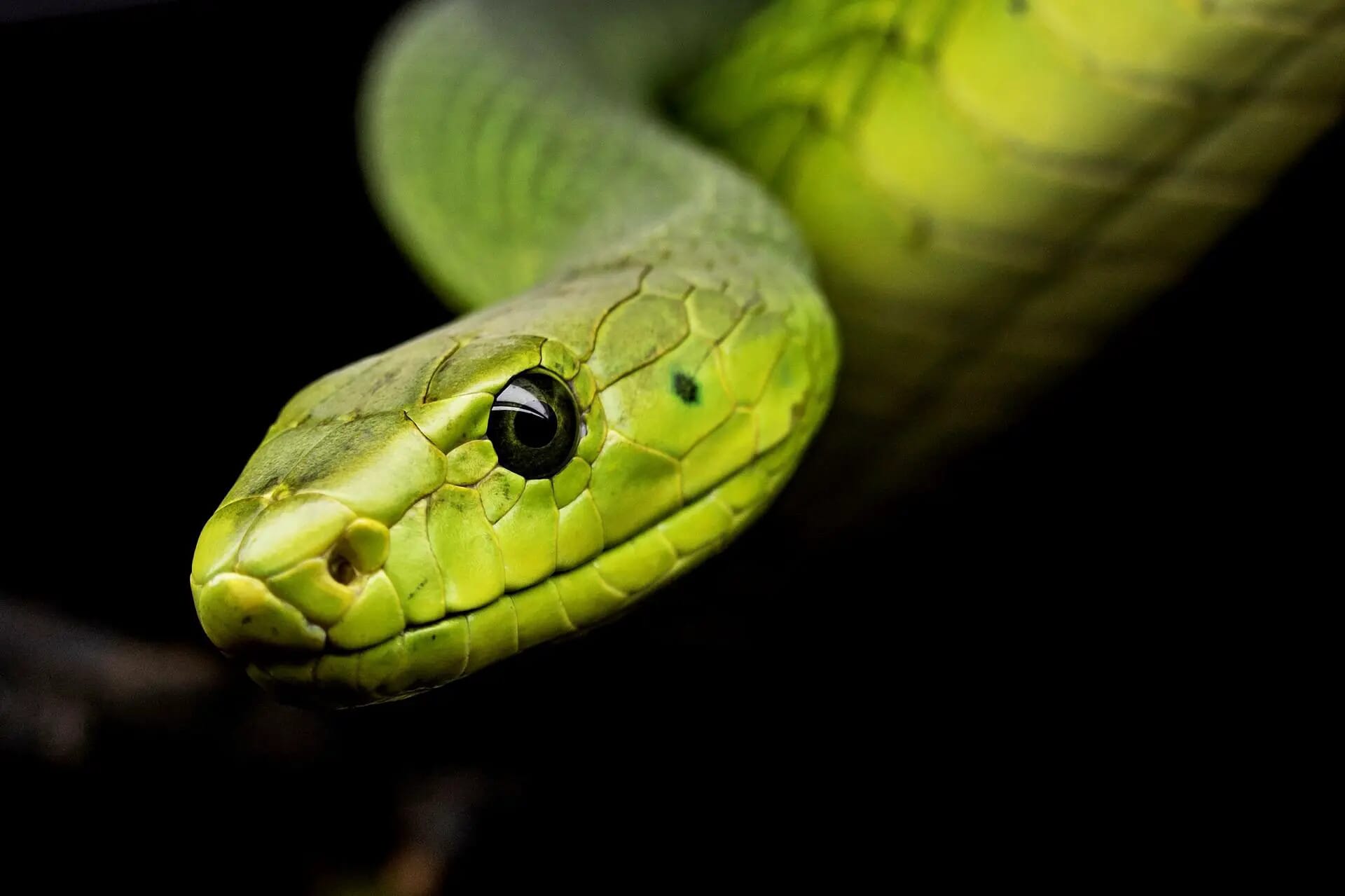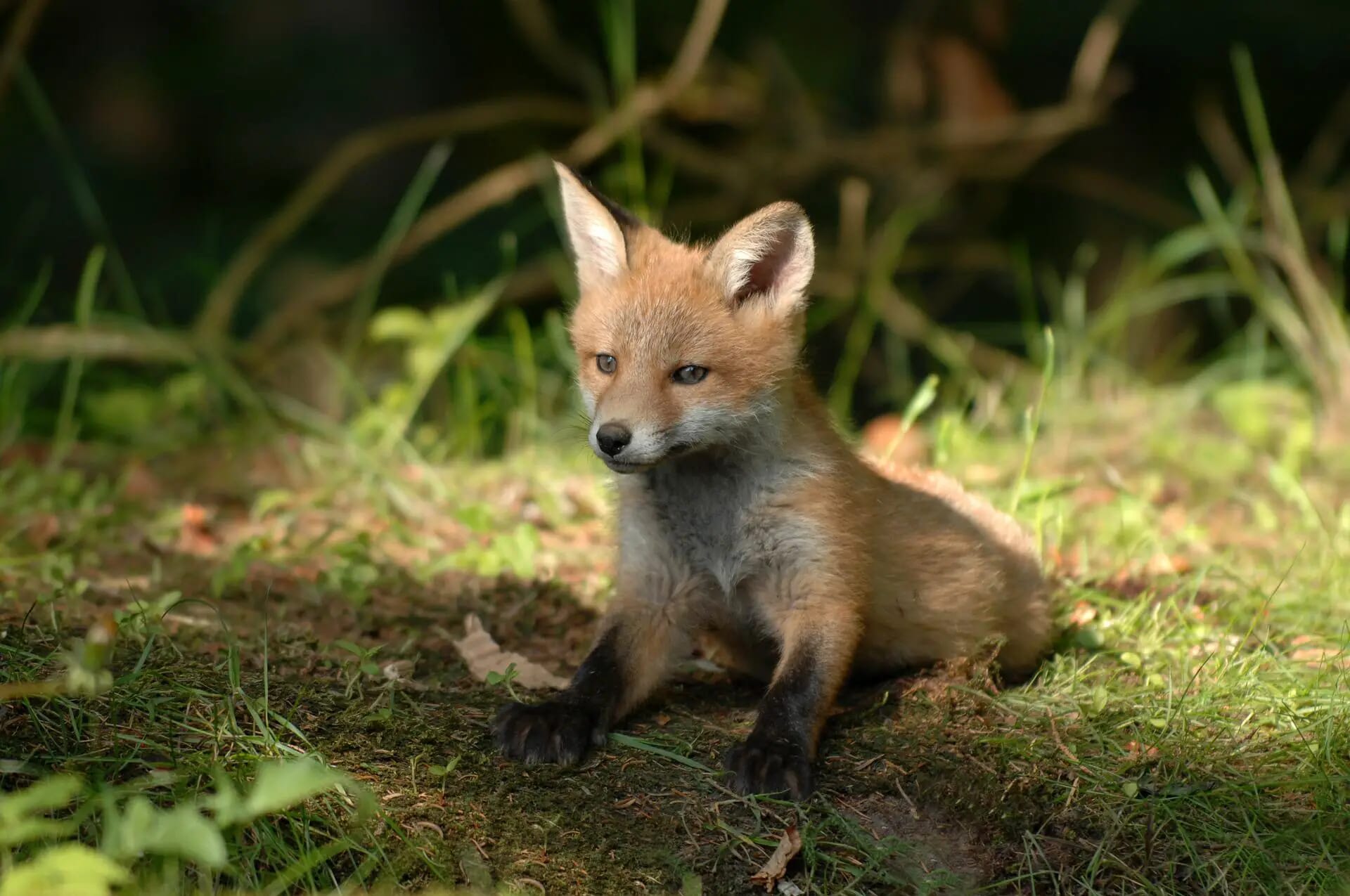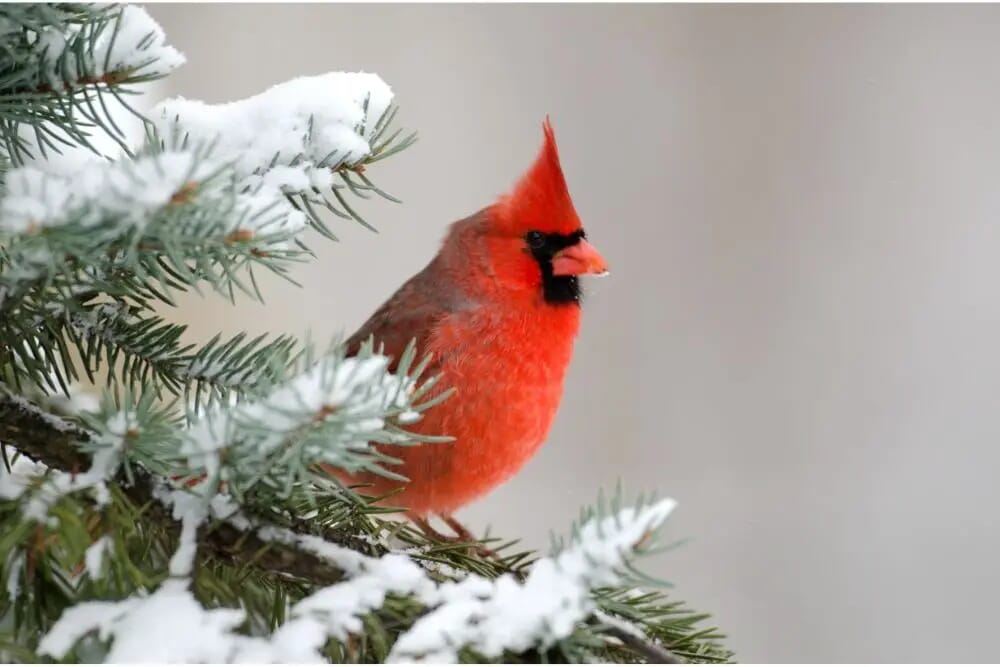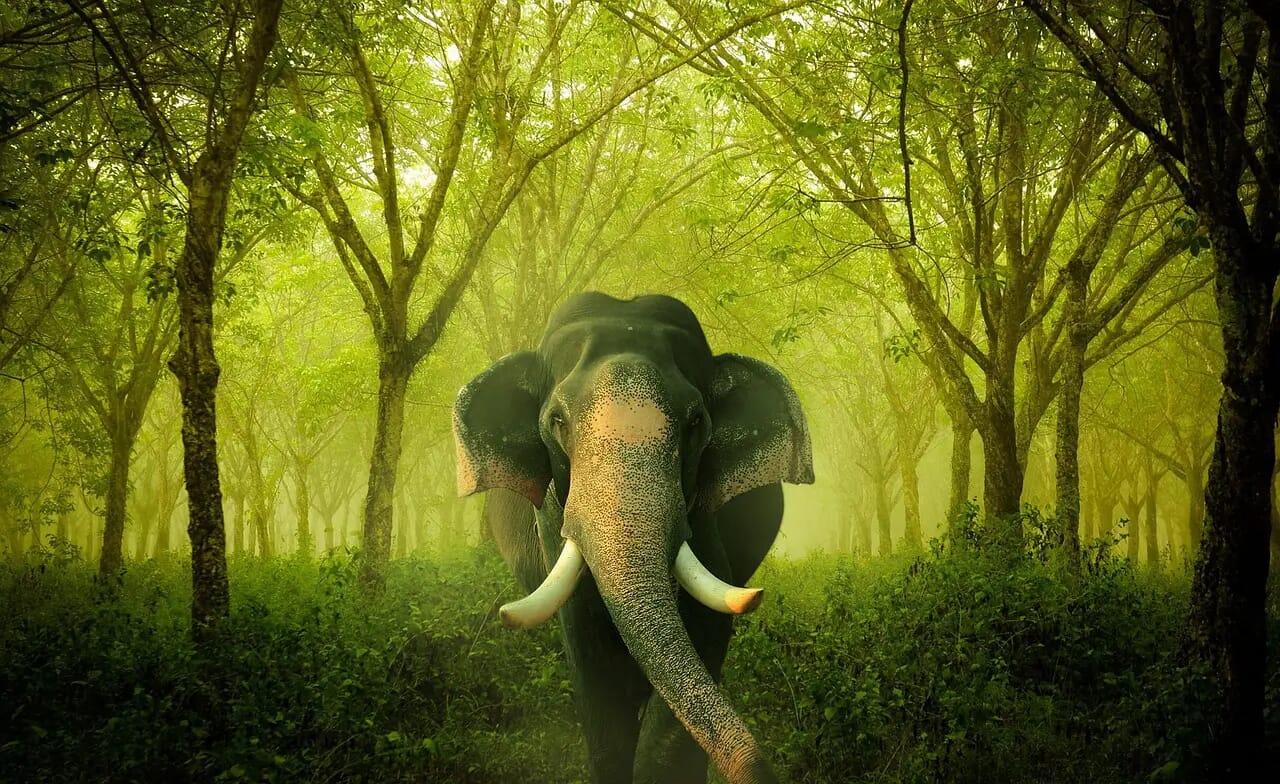Last Updated on December 21, 2023
As we explore the amusing world of the monkey, get ready to swing through the twigs of symbolism and totemic wisdom. Embark on a journey into the spiritual realm of Monkey’s significance, uncovering its symbolic depth and profound spiritual meaning across cultures.
These perceptive and nimble animals occupy a distinct place in the web of spiritual symbols, representing traits like curiosity, adaptation, and the quest for knowledge.
We’ll delve deeply into the symbolism of monkeys in this investigation, providing totemic insights that go beyond their naughty actions.
We’ll discuss the difficulties they can assist you in overcoming, the behaviors they encourage, and the revolutionary answers they provide to people who accept their presence.
Prepare to leap into the realm of wisdom as you learn the monkey’s enduring significance.
Key Takeaways
- Playfulness and Joy: Monkeys symbolize playfulness, joy, and a lighthearted approach to life, reminding us of the importance of laughter and fun.
- Curiosity: The curious nature of monkeys represents the value of curiosity, exploration, and the constant pursuit of knowledge.
- Social Connection: Monkeys thrive in social groups, symbolizing the importance of community, cooperation, and strong social bonds.
- Symbol of Communication: The variety of vocalizations and gestures used by monkeys symbolizes effective communication and the importance of expressing oneself clearly.
- Symbol of Agility: Monkeys’ agility in climbing and swinging symbolizes the ability to navigate obstacles and challenges with flexibility and grace.
- Trickster Symbolism: In folklore, monkeys are sometimes portrayed as tricksters, symbolizing mischief, cleverness, and the ability to outsmart others.
- Symbol of Family: Monkeys’ close-knit family structures symbolize the importance of familial bonds and the support network within a community.
What Does a Monkey Represent and Symbolize as a Spirit and Totem Animal?
As a spirit and totem animal, the meaning and symbolism of a monkey embrace a variety of dimensions of life and personality attributes.
The monkey is a symbol of spontaneity and the value of humor. It frequently brings unexpected, lively energy into one’s life when it comes as a spirit animal.
Spirit animals such as monkeys inspire people to abandon routine and seize the opportunities presented by life.
They serve as a reminder that humor may lighten the load of daily living and that laughing can be a potent healer.
Additionally, as totem animals, monkeys stand for traits like curiosity, intelligence, and creativity.
People with the monkey totem are frequently sharp thinkers and creative problem solvers who tackle problems from new angles.
Additionally, the monkey totem emphasizes the value of community and the significance of strong bonds with family and friends.
Understanding the Mysterious Symbolism and Deep Meaning of Monkeys
- Joy and Playfulness: Monkeys symbolize joy and playfulness, reminding us of the importance of finding delight in life’s simple pleasures. Despite their awareness of the world’s challenges, monkeys emphasize the significance of enjoying success and maintaining a lighthearted spirit.
- Community and Compassion: Monkeys, known for living in close-knit groups, represent strong community bonds and compassion. Their deep connections and empathy within their communities serve as a reminder of the value of lasting trust, communication, and mourning the loss of loved ones.
- Creativity and Curiosity: Monkeys showcase creative thinking and problem-solving abilities. Their diverse approaches to challenges, such as creating games or finding innovative solutions, inspire us to think creatively and approach life’s problems with curiosity.
- Innocence and Purity: Despite their mischievous nature, monkeys are seen as pure creatures. Their actions are not malicious, and they embody innocence. Monkeys’ intuition and intellect allow them to see past facades, guiding us to be aware of potential dangers and maintain a sense of purity.
- Intellect and Wisdom: Monkeys, being our close relatives, possess intellect and wisdom. They have observed and understood the complexities of the world, emphasizing the importance of being aware and intuitive. Monkeys serve as guides, steering us away from potential pitfalls and encouraging a deeper understanding of true nature.
RELATED: Gorilla: Spiritual Meaning, Dream Meaning, Symbolism & More
Embracing the Playful Wisdom of the Monkey, The Spirit Animal
To put it bluntly, if you have a monkey as a spirit animal, you probably weren’t expecting it. Others attach themselves to people as spirit animals. This may make them fierce, protective, noble, mysterious, and so on, but always coming to you in full visibility.
A monkey may just appear out of the blue and knock you over in pure excitement. They are unpredictable spirit animals but can be one of the best, especially when it comes to emotional health.
Maybe you’re stuck in a rut or feel life slipping from your fingers with no idea how to fix it. Then a monkey might appear to snap you out of your rut and that train of thought. They will always try to include you in the joke and make you laugh. Even if a lot of ploys for attention are through surprises or pranks,
Realizing that humor is important and laughter can help you heal is a lesson the monkey will wish to impart. Still, it is a very perceptive creature and will caution against rash decisions that may turn on you in time.
The monkey will also encourage you to reach out to your own community – friends, and family. it recognizes that loyalty and friendship are some of the most essential things in our lives. Even though it is a naturally adventurous creature.
RELATED: Bear: Spiritual Meaning, Dream Meaning, Symbolism & More
Embracing Playfulness and Adaptability with the Monkey Totem Animal
- Enthusiastic and Inclusive: Individuals with the monkey totem love jokes and conversations that include everyone, ensuring no one is hurt by their humor.
- Adventurous Decision-Makers: Monkey totem bearers are uplifting and quick decision-makers, often considered adventurous and unafraid even in challenging situations.
- Constant Explorers: Not content to stay still, those with the monkey totem have a deep love for exploration, whether in the urban or natural jungle.
- Passion for New Experiences: They possess an innate passion for the new, seeking out exciting places and experiences that others can provide.
- Joyful Movement: Constant movement and exploration serve as reminders of life’s joys, keeping a perpetual smile on their faces as they move forward.
The Monkey Power Animal: Harnessing Playful Intelligence and Energy
For those who are creative, innovators, or struggling socially, the monkey is the perfect power animal. Invoking the monkey is calling upon our most human qualities to aid us in our time of need, and the monkey is happy to oblige.
They will seek to gain us acceptance and warmth into our relationships, especially those with our families, but not at our own expense.
If a monkey considers the relationship around us toxic, then it may encourage you to forge a path away from this community and find one that accepts you. They will question what you want and try to push you to your own conclusions, even if it is something that is hard to accept.
The monkey can provide creative solutions to difficulties you encounter, especially lateral solutions you may not have thought of before.
Oft-times, the monkey will encourage our own free time without the guilt that society puts on us to continue working, its playful nature and innocent humor will remind us that the burdens of life are not all we should think about, and sometimes it’s better to have fun or do nothing than try to fix everything ourselves.
RELATED: Elephant: Spiritual Meaning, Dream Meaning, Symbolism & More
The Cultural Symbolism of Monkeys in Far Eastern Traditions
There is a lot of imagery surrounding the monkey in far eastern cultures. With the monkey being a native animal to most countries of the far east, it is no surprise that they have become important to the cultural mythos of the area.
In China, monkeys play a significant role in most stories and are oft-times used as metaphors for people or behaviors. Their presence in ancient stories and lore either defines them with a benevolent, transcendent nature or a foolish, greedy facade, both being extremes of humanity’s nature.
In Japan, this is taken a step further with the view of monkeys changing depending on the century the opinion was written, with early stories painting the monkey as a mediator for opposing parties and later stories showing it as a malicious trickster who will do anything to get ahead.
One of the most prominent stories about spiritual monkeys is that of the three wise monkeys that do not associate with evil at all.
Exploring the Symbolic Messages in Monkey Dreams
- Expressive Communication: Monkeys in dreams often symbolize important communication, and their expressive behavior conveys messages.
- Deceptive Flattery: A chorus of monkey chatter warns of someone using smooth talk with sinister motives, urging the dreamer to be cautious.
- Search for Creative Solutions: If the monkey is searching through rugged environments, it signifies the need to think creatively and trust instincts for a solution.
- Joy and Good Times: Dancing and expressing joy in a dream monkey indicate upcoming good times, emphasizing the need for relaxation and the potential for joy with friends and family in the future.
RELATED: Donkey: Spiritual Meaning, Dream Meaning, Symbolism & More
The Symbolic and Playful Meanings of Monkey Tattoos
Tattoos of the monkey hold as much meaning and symbolism as the literature written about them. The primary intent of a monkey tattoo is to convey playfulness.
People who get this tattoo tend to like good-natured trickery that harms neither the victim nor the joker, or fun practical jokes that everyone can enjoy.
However, that is not the only meaning behind a monkey tattoo. Monkeys are gifted socially and are compassionate creatures, as such a person with a monkey tattoo may hold a lot of loyalty to those they love and have a deep sense of community and empathy.
Finally, a monkey tattoo could be referencing intellect, given that monkeys are incredibly intelligent creatures who are regularly used as metaphors in stories it would only be natural for us to equate them with diplomacy, intelligence, and wit when relating them to ourselves. Or even good luck charms that can help us see through trickery thanks to their intellect.
The Wisdom and Connection of Monkeys in Spirituality
The monkey is as diverse in meaning and action as humanity is, the only difference is that monkeys tend to fill the extremes that we rarely see in ourselves, most of the time for positive results.
Being touched by the aura of the monkey will help immensely with social issues that you may have, it will help you to be more perceptive of the actions of those around you, and help you to enjoy life more.
In effect, the monkey is a symbol that helps you to realize that there is not just one way to do things, plenty of creative solutions exist, and you never have to do it alone.
Community exists to help one another in times of need and to enjoy life, which is something the monkey will always try to convey to you.
Also, the monkey may act foolish and inappropriate at times, but be wary of thinking that is all the monkey is, they are intelligent creatures who are underestimated by many around them, but you should not make this mistake, as disregarding their advice is the most foolish action of all.
The Zodiac Sign of the Monkey and Astrology: Curious and Quick-Witted Traits
- Confidence and Curiosity: People born in the Year of the Monkey (9th in the Chinese zodiac) are seen as confident and curious individuals with a natural affinity for learning.
- Collaborative Skills: In the Chinese zodiac story, the monkey collaborates with others to overcome challenges, reflecting the ability of Monkey individuals to work well with people.
- Charm and Humor: Monkey people are described as charming, charismatic, and possessing a fantastic sense of humor that is both intellectual and dark. They are believed to excel in language learning and creative problem-solving.
- Social Skills and Attachments: While social, Monkeys may have few close attachments, preferring to float between groups. They can also exhibit traits of distrust, arrogance, and manipulation to gain attention.
- Loyalty: Once a Monkey considers someone a true friend, they are known for their steadfast and faithful loyalty, never wavering in their commitment.
RELATED: Lamb: Spiritual Meaning, Dream Meaning, Symbolism and More
Tales of Cunning and Trickery Involving Monkeys in Mythology and Folklore
Chinese Mythology: In Chinese mythology, the monkey is often associated with the legendary Monkey King, Sun Wukong, from the classic novel “Journey to the West.” Sun Wukong possesses incredible strength, agility, and magic powers. He is a trickster figure who challenges authority and symbolizes rebellion and cleverness.
Hindu Mythology: In Hindu mythology, the monkey god Hanuman is a prominent figure. Hanuman is known for his unwavering devotion to Lord Rama and his incredible strength. He symbolizes loyalty, devotion, and selfless service.
Artistic and Literary Representations of Monkeys as Symbols of Wisdom and Whimsy
Literature – “The Monkey’s Paw”: “The Monkey’s Paw” is a famous short story by W.W. Jacobs. It tells the tale of a magical monkey’s paw that grants its owner three wishes but comes with dire consequences. The story explores themes of greed, fate, and the unintended consequences of one’s desires.
Art – “Monkey in the Vine“: This is a famous painting by Franz Marc, a German expressionist artist. The painting features a vibrant, abstract representation of a monkey swinging through a vine. It is said to symbolize the liberation of the human spirit and the pursuit of freedom.
Discovering the Symbolic Presence of Monkeys in Native American Tradition
Since monkeys are not indigenous to North America, they are not directly represented in Native American customs.
Native American iconography and mythology frequently draw inspiration from local wildlife, like the eagle, wolf, bear, and turtle.
If you’re seeking a comparison, some Native American tribes might have their own metaphorical tales and connections to primates if they came into contact with them in different ways through trade or other contacts.
Celtic Mythology’s Mysterious Monkey: Tales of Curiosity and Cunning
Instead monkeys, stags, boars, and other mythical creatures like leprechaun are frequently depicted in Celtic mythology. Monkeys do not play a significant role in Celtic mythology or folklore since the
Celts lived in areas where they were not a native species. Due to geographic and cultural differences, monkeys are not widely represented in Native American or Celtic traditions, despite their significant significance in some Eastern mythology. They also have a limited presence in Western literature and art.
Monkey Symbolism in Different Religions: Global Perspectives
| Culture | Common Themes in Monkey Symbolism | Differences in Monkey Symbolism |
| Chinese | Rebellion, cleverness, loyalty | Transcendence vs. trickster nature |
| Hindu | Devotion, strength, service | Strong devotion to deities vs. other cultures |
| Far Eastern | Transcendence, trickster | Evolving perceptions over centuries |
| African | Context-dependent symbolism | Varies widely among different African cultures |
| Christian | Curiosity, mischief | Art and literature portrayals vs. religious texts |
| Islam | Mentioned in Quran, no specific | Limited symbolism in Islamic tradition |
| Jainism | Restlessness, uncontrolled mind | Emphasis on self-discipline and purity |
Distinct faiths and belief systems have distinct meanings associated with monkeys.
Here is a quick summary of how monkeys are viewed in some of the world’s main religions:
Hinduism’s Sacred Monkey: A Study of Divine Connections
In Hinduism, the monkey god Hanuman is highly revered. Hanuman symbolizes devotion, selfless service, and loyalty. He is known for his unwavering dedication to Lord Rama and is considered a symbol of strength and agility.
The Monkey: A Symbol of Wisdom and Protection in Chinese Folk Religion
In Chinese folklore and religious traditions, monkeys are often associated with the Monkey King, Sun Wukong, from the novel “Journey to the West.” Sun Wukong is a complex character symbolizing both rebellion and enlightenment.
He represents the idea that individuals can overcome their limitations and attain higher wisdom.
Jainism’s View of the Monkey: Insights on its Spiritual Significance
Jainism, an ancient Indian religion, often uses the symbolism of the monkey to illustrate restlessness and the uncontrolled mind. Jain teachings focus on achieving spiritual purity and self-discipline to calm the restless mind.
Uncovering the Meaning of Monkeys in Christian Symbolism
In Christianity, there is no specific religious symbolism associated with monkeys. However, monkeys can be found in Christian art and literature, often as part of a larger narrative or as symbols of curiosity or mischief.
Understanding the Role of Monkeys in Islamic Culture and Tradition
Islam, like Christianity, does not have specific religious symbolism related to monkeys. Monkeys are mentioned in the Quran in the context of God’s creations, but there are no particular religious teachings or stories involving monkeys in Islamic tradition.
Ancestral Symbolism and Folklore in African Traditional Religions: The Monkey
In various African traditional religions, animals, including monkeys, can hold specific symbolic meanings within specific cultural contexts. These meanings can vary widely from one African culture to another and may not have uniform interpretations.
Japanese Culture’s Symbolism of the Monkey: From Folklore to Icons
In Japanese culture, monkeys hold various symbolic meanings and are featured in folklore, art, and religious contexts:
Saru (猿) – The Monkey Deity
The Japanese macaque, known as the “snow monkey,” is a figure in Japanese folklore associated with the Shinto god Sarutahiko Kami, patron of martial arts and a guide for travelers. Sarutahiko Kami is often depicted with a monkey’s lower body or as a monkey.
Monkey in Folktales
In Japanese folktales, monkeys are portrayed as clever and mischievous. “Momotaro” is a famous folktale where the hero befriends animal companions, including a monkey, to defeat ogres.
Monkey in Art and Symbolism
Monkeys are common motifs in Japanese art, symbolizing playfulness, resourcefulness, and adaptability, particularly in traditional paintings, ceramics, and textiles.
Chinese Zodiac’s Year of the Monkey: Characteristics and Influence
| Traits | Personality Traits Associated with Monkey Zodiac Sign |
| Confidence | Confidence and curiosity |
| Curiosity | A natural affinity for learning |
| Creativity | Creative problem solvers |
| Social Skills | Charming and charismatic |
| Adventurous Spirit | Love for exploration |
Each year corresponds to a certain animal sign in the Chinese zodiac, which is also well-known in Japan.
People are said to inherit traits of the monkey, such as intelligence and curiosity, if they are born in the Year of the Monkey, which is commemorated with special significance.
Feng Shui’s Interpretation of the Monkey
The monkey is one of the twelve zodiac animals in Feng Shui, representing certain years in the Chinese Zodiac. Those born in the Year of the Monkey are believed to possess characteristics like intelligence, wit, curiosity, and adaptability, considered advantageous for personal and professional success in Feng Shui.
The following are some elements of the Feng Shui monkey:
Personality Traits
People born in the Year of the Monkey are believed to possess characteristics associated with monkeys, such as intelligence, wit, curiosity, and adaptability. In Feng Shui, these traits can be considered advantageous for personal and professional success.
Compatibility
In Chinese astrology and Feng Shui, the zodiac sign of the Monkey is said to be compatible with certain other zodiac signs and less compatible with others. This information can guide individuals in matters of relationships and partnerships.
Feng Shui Remedies
Feng Shui practitioners may recommend specific remedies or enhancements for individuals born in the Year of the Monkey to balance their energy and improve their living or working environments. These remedies could include colour choices, placement of objects, or other adjustments to enhance positive attributes and minimize negative influences.
Understanding a Monkey’s Symbolic Message When You Meet One
Curiosity and Playfulness: In many cultures and contexts, seeing a monkey can symbolize curiosity, playfulness, and a desire for exploration. Monkeys are known for their inquisitive nature, and their presence in a dream or real life may suggest a need to embrace curiosity and a sense of adventure.
Resourcefulness and Adaptability: Monkeys are highly adaptable creatures. Seeing a monkey may symbolize the need to be resourceful and adaptable in a particular situation. It could be a reminder to find creative solutions to challenges.
Mischief and Trickery: Depending on the situation, seeing a monkey could also represent deceit or mischief. Since monkeys are known for their mischievous antics, seeing one in your life could be a sign that something or someone is not totally clear-cut.
Understanding Symbolic Meanings in “The Chatter of Monkeys”
Whether in a dream or in the real world, hearing a monkey’s sounds can have the same symbolic meaning as seeing one. But there are several more layers of significance that the aural experience can also add:
Communication and Expression: Monkeys are vocal animals and use a variety of sounds to communicate with each other. Hearing a monkey’s sounds may symbolize the importance of effective communication or the need to pay attention to the messages others are conveying.
Warning or Alarm: In some contexts, hearing a monkey’s vocalizations can serve as a warning or alarm. It may be a sign to stay vigilant or be cautious in a particular situation.
Monkey Symbolism in Different Contexts: A Closer Look at the Different Types
Trickster Symbolism: Monkeys are often seen as tricksters in various mythologies and folklore. They use their cleverness to outwit others or create chaos. This type of symbolism highlights the dual nature of intelligence and mischief.
Curiosity and Exploration: It is well known that monkeys are naturally curious and like to explore their environment. This symbolism can inspire people to embrace curiosity, seek out new experiences, and pursue knowledge.
Adaptability: Monkeys are adaptable and can thrive in various environments. This symbolism can be a reminder to be flexible, adjust to changing circumstances, and find creative solutions to problems.
Playfulness and Joy: The fun and carefree attitude of monkeys are frequently related. This symbolism can serve as a reminder to enjoy the little things in life, not take ourselves too seriously, and partake in happy pursuits.
Social Interaction: Monkeys are highly social animals, and their symbolism can be a reminder of the importance of social connections, community, and cooperation.
Spiritual Growth:Monkeys are viewed as symbols of spiritual development and transformation in several spiritual systems. Their adaptability and nimbleness can be compared to the capacity for spiritual growth and obstacle-survival.
Insights from Monkey Sayings: Wisdom and Whimsy
“Monkey sees, monkey do”: This saying implies that people often imitate or mimic the actions of others without understanding the reasons behind them.
“Not my circus, not my monkeys”: This saying is used to indicate that a particular situation or problem is not your responsibility or concern.
“Throwing monkey wrench into the works”: This phrase means to disrupt or sabotage a plan or process.
“Monkey on your back”: This expression refers to a persistent and burdensome problem or addiction.
Divine Beings with Tails and Wisdom: Monkey Deities
Hanuman: In Hinduism, Hanuman is the monkey god known for his devotion, strength, and loyalty to Lord Rama. He is a central character in the Indian epic “Ramayana.”
Sun Wukong: Sun Wukong, also referred to as the Monkey King, is a mythical person in Chinese mythology. He is extraordinarily strong, quick, and amazing. He plays a significant role in the classic Chinese novel “Journey to the West.”
Considering the Omen After Observing a Dead Monkey
Depending on cultural ideas and personal associations, seeing a dead monkey in a dream or in the real world might elicit a variety of emotions and interpretations.
Possible meanings include the following:
- End of a Troubling Situation: In some cultures, seeing a dead monkey may symbolize the end of a challenging or troublesome situation. It can represent the resolution of a problem.
- Loss of Playfulness: Monkeys are often associated with playfulness and agility. Seeing a dead monkey may symbolize a loss of these qualities or a feeling of seriousness or stagnation in life.
- Warning or Omen: In some cultures, encountering a dead animal, including a monkey, can be seen as an omen or warning about potential dangers or difficulties ahead.
Monkey Facts & Trivia:
Diverse Species: There are over 260 different species of monkeys found in various parts of the world. They vary greatly in size, behaviour, and habitat.
Opposable Thumbs: Most monkeys have opposable thumbs, allowing them to grasp objects and manipulate their environment, much like humans.
Social Animals: Monkeys are highly social animals and often live in groups called troops. These groups provide protection, support, and social interaction.
Diet: Monkeys have diverse diets, including fruits, leaves, insects, and even small mammals. Their diet varies depending on their species and habitat.
Communication: Monkeys use a wide range of vocalizations, facial expressions, and body language to communicate with each other within their groups.
Endangered Species: Currently, the illegal pet trade, killing, and habitat destruction have led to the extinction of numerous monkey species. There are conservation initiatives in place to safeguard these threatened species.
Tool Use: Some monkey species, such as capuchin monkeys, are known for their tool-using abilities. They use sticks and other objects to extract food from hard-to-reach places.
Close Relatives: Monkeys are part of the primate family, which also includes apes and humans. Humans and monkeys share a common ancestor from millions of years ago.
Cultural Significance: Monkeys have played significant roles in the mythology, folklore, and art of various cultures around the world, as discussed in previous responses.
Intelligence: Numerous species of monkeys are renowned for their intelligence and capacity for problem-solving. They have been studied scientifically to learn more about the cognition and behavior of primates.
Organizations Dedicated to Monkey Protection:
World Wildlife Fund (WWF): WWF works globally to protect endangered species, including various monkey species. They engage in habitat conservation, anti-poaching efforts, and advocacy for the protection of primates.
The Jane Goodall Institute: Founded by renowned primatologist Jane Goodall, this organization focuses on the conservation and welfare of chimpanzees and other primates. They operate sanctuaries and support conservation efforts.
Pro Wildlife: Pro Wildlife is a German-based organization that advocates for the protection of wildlife, including monkeys. They work on issues such as the illegal wildlife trade and habitat conservation.
Wildlife Conservation Society (WCS): WCS is a global organization that works to conserve many different species, including primates. They participate in community outreach, habitat protection, and scientific research.
Primate Conservation, Inc.: This organization is dedicated to the conservation of endangered primate species worldwide. They provide grants to projects focused on primate protection and research.
Rainforest Foundation: The Rainforest Foundation is dedicated to protecting rainforests because they are an essential home for many different monkey species. By preserving these environments, monkeys and other species can live on.
Save the Golden Monkey: This organization is specifically dedicated to the protection of the endangered golden monkey in Rwanda and Uganda. They work on conservation initiatives and community engagement.
Daily Applications of Monkey Symbolism: Practical Benefits
Curiosity and Learning: Embrace the monkey’s curiosity as a symbol for lifelong learning. Be open to new experiences, seek knowledge, and explore different perspectives.
Adaptability: Use the monkey’s adaptability as a reminder to be flexible and open to change. When faced with challenges, consider alternative solutions and be willing to adjust your approach.
Playfulness and Joy: Incorporate playfulness into your daily life. Engage in activities that bring you joy and relaxation, whether it’s through hobbies, games, or spending time with loved ones.
Resourcefulness: Channel the monkey’s resourcefulness when tackling problems. Look for creative solutions and use the resources at your disposal efficiently.
Communication: Reflect on the importance of effective communication. Pay attention to how you express yourself and listen actively when communicating with others.
Social Connection: Value the significance of social connections and community. Nurture your relationships, support others, and seek opportunities for collaboration.
Goal Setting: Learn from the monkey’s determination and set clear goals. Break down larger objectives into manageable steps and work persistently toward achieving them.
Mischief and Caution: Recognize circumstances when mischief or dishonesty may be at play. Use discretion and caution, especially when dealing with complicated or perhaps deceitful situations.
Spiritual Growth: Explore the concept of spiritual growth and transformation. Consider how you can evolve spiritually and overcome inner obstacles in your journey.
Environmental Awareness: Be aware of how human actions affect the environment, including monkey habitats. To safeguard species and their habitats, support conservation initiatives and make ecologically conscious decisions every day.
RELATED: Horse: Spiritual Meaning, Dream Meaning, Symbolism & More
Frequently Asked Questions
What is the spiritual meaning of monkeys in various cultures and religions?
Across cultures, monkeys have a variety of spiritual implications. In Hinduism, Hanuman stands for devotion and loyalty, whereas in Chinese legend, Sun Wukong, the Monkey King, represents rebellion and enlightenment. In spiritual contexts all across the world, monkeys are frequently connected with curiosity, flexibility, and playfulness.
What does it mean to see a monkey in your dreams? Are there different interpretations for different monkey behaviours in dreams?
A monkey in a dream may symbolize curiosity, playfulness, or the desire to investigate new possibilities. Different behaviors, such as a tranquil vs an agitated monkey, can be interpreted in different ways, with the former denoting personal development and the latter implying internal strife.
How do monkeys symbolize curiosity and playfulness in spiritual contexts?
The curiosity and playfulness of monkeys inspire people to approach life with awe and a spirit of adventure. In terms of spirituality, accepting these attributes can result in personal development and a closer relationship with the outside world.
What is the significance of the monkey as a trickster figure in mythology and folklore?
The binary nature of intelligence and mischief is symbolized by monkeys, which are frequently represented as tricksters. They make us question authority and society norms and encourage us to look for novel answers.
How do monkeys represent adaptability and resourcefulness in symbolism?
The adaptability and creativity of monkeys in their natural environment serve as metaphors for adjusting to change and coming up with innovative solutions to problems in daily life. Resilience is encouraged by their capacity to flourish in various circumstances.
Are there any specific monkey gods or goddesses in world religions, and what do they symbolize?
Significant monkey deities include Hanuman in Hinduism and Sun Wukong in Chinese mythology. Hanuman represents loyalty and power, whereas Sun Wukong represents disobedience, enlightenment, and self-awareness.
What are some common sayings or idioms involving monkeys, and what do they mean?
Frequently used phrases like “Monkey see, monkey do” and “Not my circus, not my monkeys” denote a detachment from issues that aren’t one’s concern. These expressions are reflections of human behavior.
In what ways can we apply monkey symbolism in our daily lives for personal growth and development?
Personal development can result from embracing curiosity, adaptability, and playfulness. Daily life can be improved by being adaptable, looking for innovative solutions, and building social relationships.
How do different monkey species contribute to their symbolic meanings?
Certain characteristics or behaviors may be emphasized in symbolism by various monkey species. For instance, the use of tools by capuchin monkeys emphasizes ingenuity, but the agility of spider monkeys represents flexibility.
What is the role of monkeys in traditional healing practices or shamanic rituals in some cultures?
In certain cultures, monkeys are used as symbols of direction, defense, or transformation in shamanic rituals or traditional healing methods. In these activities, they might stand for the capacity to travel between many worlds or dimensions.
- Unlocking The Parrot Spirit Animal Mystique: Symbolism, Totem, And Beyond - February 15, 2022
- Seagulls’ Mystical Flight: Symbolic Insights And Totemic Meanings - February 15, 2022
- Pegasus: Spiritual Meaning, Dream Meaning, Symbolism & More - February 15, 2022

